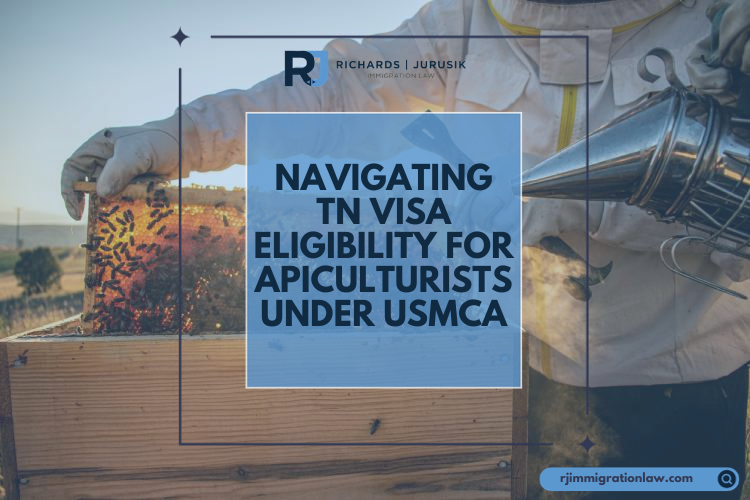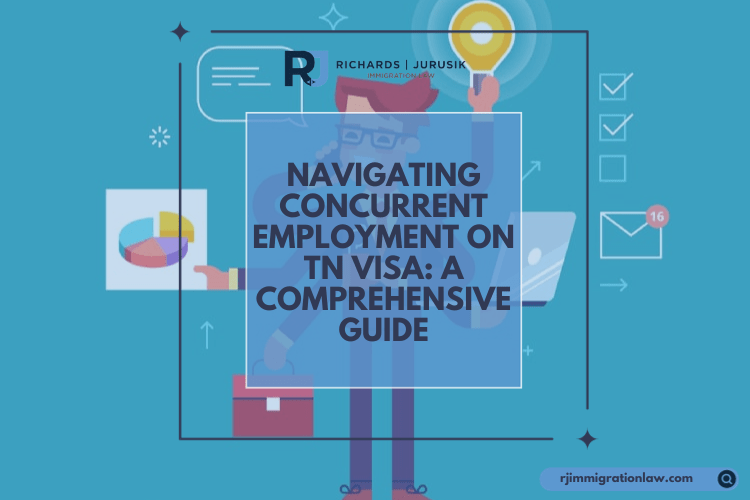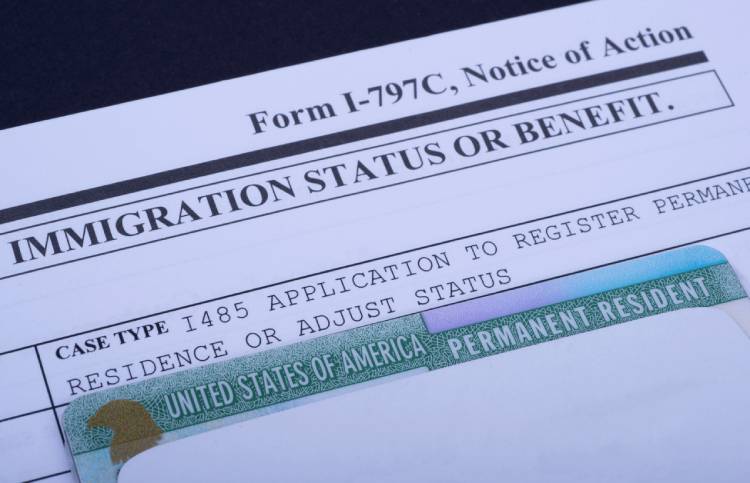The E2 Visa, designed for nationals of treaty countries engaging in commerce with the United States, hinges on several factors, with the “substantial” nature of the investment being a cornerstone. Unlike some visa categories, the E2 Visa doesn’t prescribe a fixed investment amount. Instead, it employs a proportionality test to assess the adequacy of the investment. Here’s a closer look at what qualifies as “substantial” for an E2 Visa:
- Proportional Sense:
- The investment is considered substantial when viewed in proportion to the overall cost of the enterprise. This calls for a proportional relationship between the investment amount and the total enterprise cost.
- Ensuring Financial Commitment:
- The investment must be sufficient to demonstrate the treaty investor’s financial commitment to the successful operation of the enterprise. This showcases the investor’s seriousness and dedication to the venture.
- Supporting Successful Development:
- The magnitude of the investment should support the likelihood that the treaty investor will effectively develop and direct the enterprise. This criterion ensures the investor’s capability to contribute to the enterprise’s growth.
The Proportionality Test
The proportionality test is instrumental in gauging the substantiality of an investment for E2 Visa purposes. It involves assessing the relationship between the investment made and the total cost of the enterprise. Here’s how it works:
- Investment Reflecting Enterprise Cost:
- If the investment mirrors the actual cost of the enterprise being acquired, the investment amount for E2 Visa purposes is considered 100%, meeting the substantial requirement.
- Adjusting Percentage Based on Investment Size:
- Smaller investment amounts require a higher percentage to be deemed substantial. Conversely, larger investments may have a lower percentage requirement, emphasizing the importance of the investment amount relative to enterprise size.
Examples of the Proportionality Test in Action
- Investor buys a convenience store for USD 65,000, investing USD 65,000 (100%).
- Investor purchases a USD 1M warehouse, investing USD 500,000 (50%), which is still potentially substantial.
- An investor acquires a USD 100M shopping mall, investing USD 10M (10%), which may be considered substantial.
In essence, the proportionality test provides flexibility, acknowledging that a lower percentage may still be substantial based on the scale of the investment.
Understanding “substantial” investments and the proportionality test is pivotal when pursuing an E2 Visa. By aligning your investment with these criteria, you increase your chances of a successful E2 Investor Visa application.
Subscribe to Our Resources Blog
Schedule a Consultation with an Immigration Lawyer
Citations
We Can Help!
You may have questions regarding E2 Investor Visa requirements. We invite you to contact our team at Richards and Jurusik for detailed guidance and assistance. We aim to provide the most accurate and up-to-date information to make your immigration process smoother and less stressful. The immigration lawyers at Richards and Jurusik have decades of experience helping people to work and live in the United States. Read some of our hundreds of 5-star client reviews! Contact us today to assess your legal situation.







